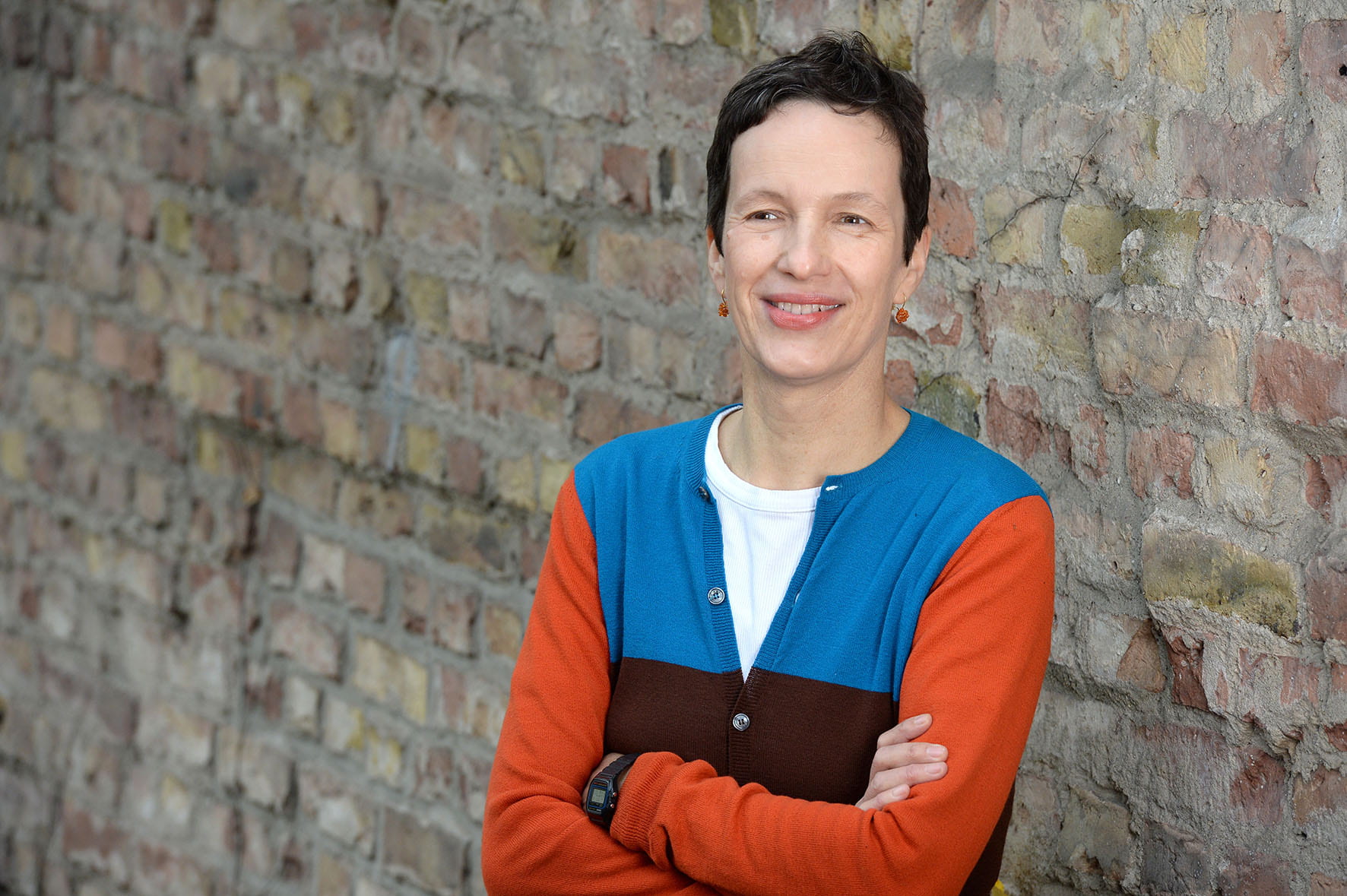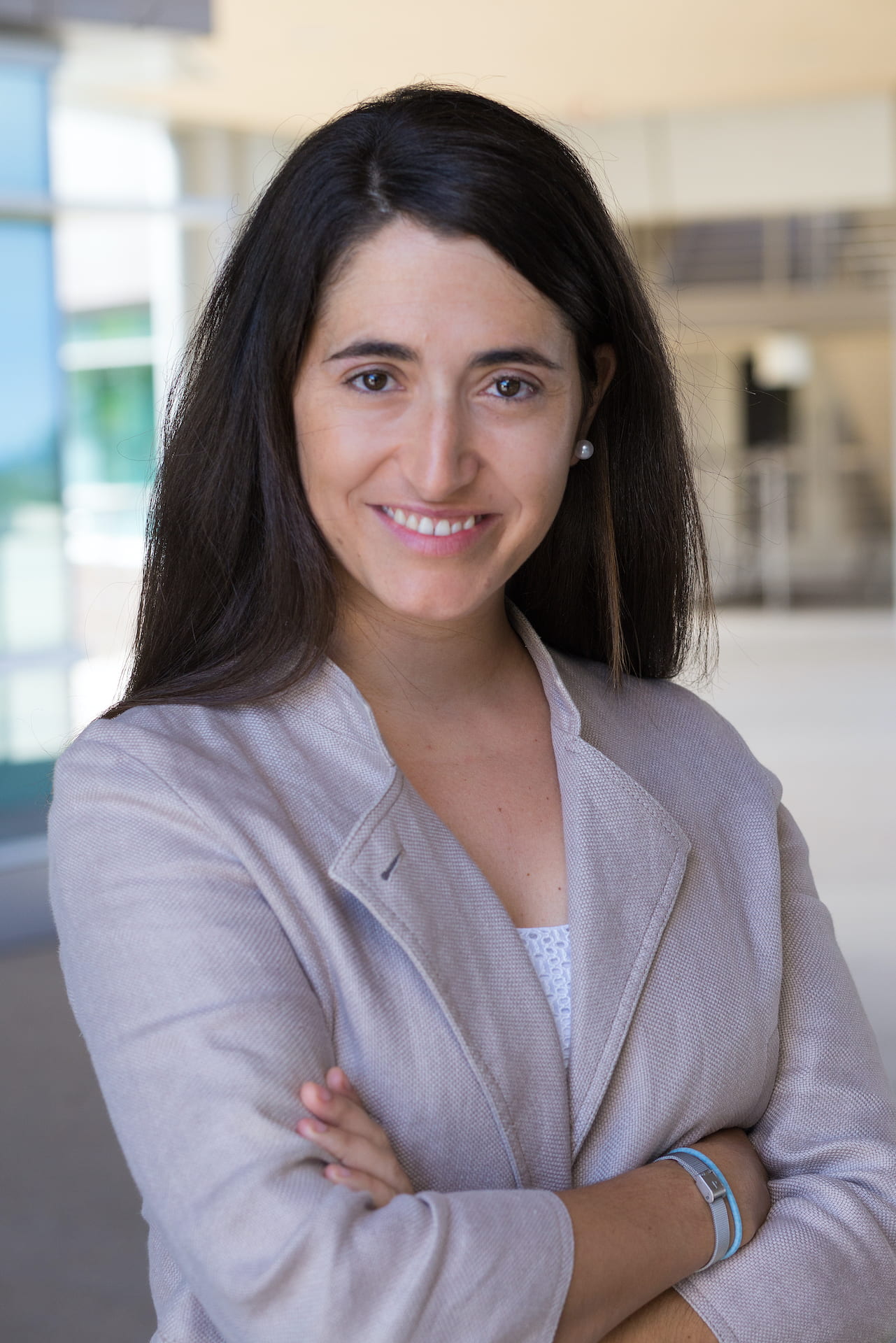 John Duffy is Professor of Economics at the University of California, Irvine (UCI) His research interests are in behavioral and experimental economics, game theory, finance and macroeconomics. He is Co-Editor of the journal Experimental Economics and Co-Director of UCI’s Experimental Social Science Laboratory (ESSL).
John Duffy is Professor of Economics at the University of California, Irvine (UCI) His research interests are in behavioral and experimental economics, game theory, finance and macroeconomics. He is Co-Editor of the journal Experimental Economics and Co-Director of UCI’s Experimental Social Science Laboratory (ESSL).
Fall 2020
Weekly Seminar: Utteeyo Dasgupta, “Games of Prejudice – Experiments at the Extensive and Intensive Margin”
 We design a novel labor market experiment to elicit preferences for discrimination among Slovak employers at the extensive margin (worker selection) and at the intensive margin (wage offer) towards Roma employees (the largest minority in Europe). Our lab-in-the field experiment also allows us separate taste-based discrimination from statistical discrimination and examine the impacts of raising the costs of discrimination. We find discrimination to be prevalent at both margins, but more prominent at the extensive margin. Additionally, we find higher incidence of taste-based discrimination compared to statistical discrimination. Our results indicate that Slovak employers practice discrimination even in the presence of modest economic costs, and such behavior goes down when the cost of taste-based discrimination is made prohibitively high.
We design a novel labor market experiment to elicit preferences for discrimination among Slovak employers at the extensive margin (worker selection) and at the intensive margin (wage offer) towards Roma employees (the largest minority in Europe). Our lab-in-the field experiment also allows us separate taste-based discrimination from statistical discrimination and examine the impacts of raising the costs of discrimination. We find discrimination to be prevalent at both margins, but more prominent at the extensive margin. Additionally, we find higher incidence of taste-based discrimination compared to statistical discrimination. Our results indicate that Slovak employers practice discrimination even in the presence of modest economic costs, and such behavior goes down when the cost of taste-based discrimination is made prohibitively high.
Weekly Seminar: Aislinn Bohren, “Inaccurate Statistical Discrimination: An Identification Problem”
 Aislinn Bohren is an Associate Professor in the Economics Department at Penn. She studies various topics in microeconomics with a focus on models of information and how individuals interact in dynamic settings. Her research explores questions related to learning under model misspecification, discrimination, information aggregation, moral hazard and the econometrics of randomized experiments. The work on discrimination has both theoretical and empirical components, and builds on her research on learning under model misspecification. Her work in the other four areas is theoretical, and includes applications to designing rating systems, information campaigns and committees, and providing incentives in online labor markets. Aislinn received her Ph.D. in Economics from the University of California San Diego. She is a research affiliate at the Centre for Economic Policy Research and an associate editor at the American Economic Review, Games and Economic Behavior and Theoretical Economics.
Aislinn Bohren is an Associate Professor in the Economics Department at Penn. She studies various topics in microeconomics with a focus on models of information and how individuals interact in dynamic settings. Her research explores questions related to learning under model misspecification, discrimination, information aggregation, moral hazard and the econometrics of randomized experiments. The work on discrimination has both theoretical and empirical components, and builds on her research on learning under model misspecification. Her work in the other four areas is theoretical, and includes applications to designing rating systems, information campaigns and committees, and providing incentives in online labor markets. Aislinn received her Ph.D. in Economics from the University of California San Diego. She is a research affiliate at the Centre for Economic Policy Research and an associate editor at the American Economic Review, Games and Economic Behavior and Theoretical Economics.
Weekly Seminar: Samuel Kapon, “Making the Most of Limited Government Capacity”
 Sam Kapon is a 6th year graduate student in the economics department at NYU. He works on topics in mechanism design and experimental economics.”
Sam Kapon is a 6th year graduate student in the economics department at NYU. He works on topics in mechanism design and experimental economics.”
Weekly Seminar: Dorothea Kübler, “How to Avoid Black Markets for Appointments with Online Booking Systems”
 Allocating appointment slots is presented as a new application for market design. We consider online booking systems that are commonly used by public authorities to allocate appointments for visa interviews, driver’s licenses, passport renewals, etc. We document that black markets for appointments have developed in many parts of the world. Scalpers book the appointments that are offered for free and sell the slots to appointment seekers. We model the existing first-come-first-served booking system and propose an alternative system. The alternative system collects applications for slots over a certain time period and then randomly allocates slots to applicants. The theory predicts and lab experiments confirm that scalpers profitably book and sell slots under the current system with sufficiently high demand, but that they are not active in the proposed new system. We discuss practical issues for the implementation of the proposed system, and its applicability to related markets with scalping.
Allocating appointment slots is presented as a new application for market design. We consider online booking systems that are commonly used by public authorities to allocate appointments for visa interviews, driver’s licenses, passport renewals, etc. We document that black markets for appointments have developed in many parts of the world. Scalpers book the appointments that are offered for free and sell the slots to appointment seekers. We model the existing first-come-first-served booking system and propose an alternative system. The alternative system collects applications for slots over a certain time period and then randomly allocates slots to applicants. The theory predicts and lab experiments confirm that scalpers profitably book and sell slots under the current system with sufficiently high demand, but that they are not active in the proposed new system. We discuss practical issues for the implementation of the proposed system, and its applicability to related markets with scalping.
 Is an Assistant Professor of Economics at the Rady School of Management, at UC San Diego. Marta conducts research in behavioral and experimental economics. Her research focuses on how individuals acquire and transmit information and how this in turn affects their preferences and behavior. Her work has been published in numerous journals including Management Science, Psychological Science, the Journal of the European Economic Association, and Games and Economic Behavior. She was also recognized as a 2020 “Best 40 under 40” for MBA Professors.
Is an Assistant Professor of Economics at the Rady School of Management, at UC San Diego. Marta conducts research in behavioral and experimental economics. Her research focuses on how individuals acquire and transmit information and how this in turn affects their preferences and behavior. Her work has been published in numerous journals including Management Science, Psychological Science, the Journal of the European Economic Association, and Games and Economic Behavior. She was also recognized as a 2020 “Best 40 under 40” for MBA Professors.